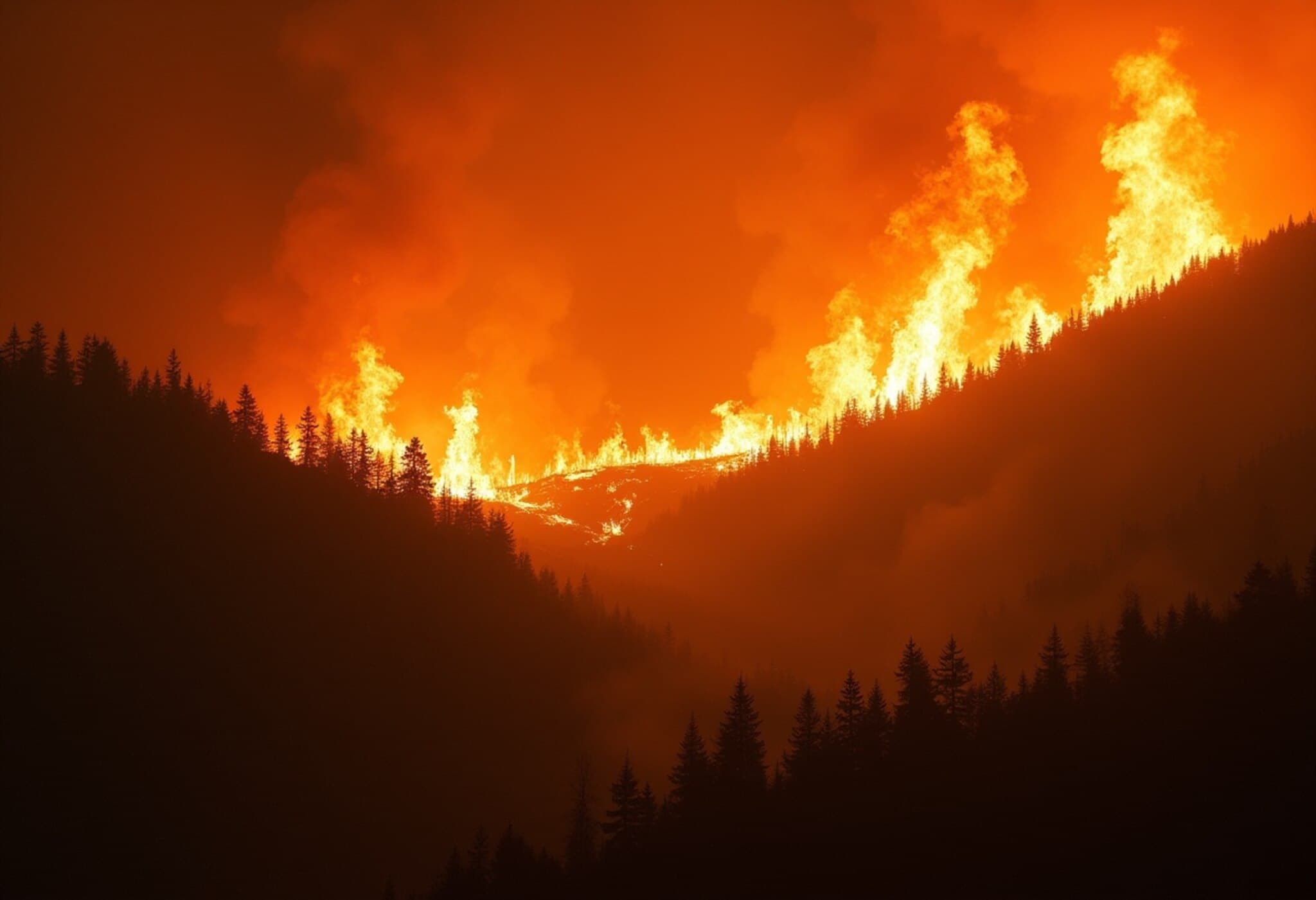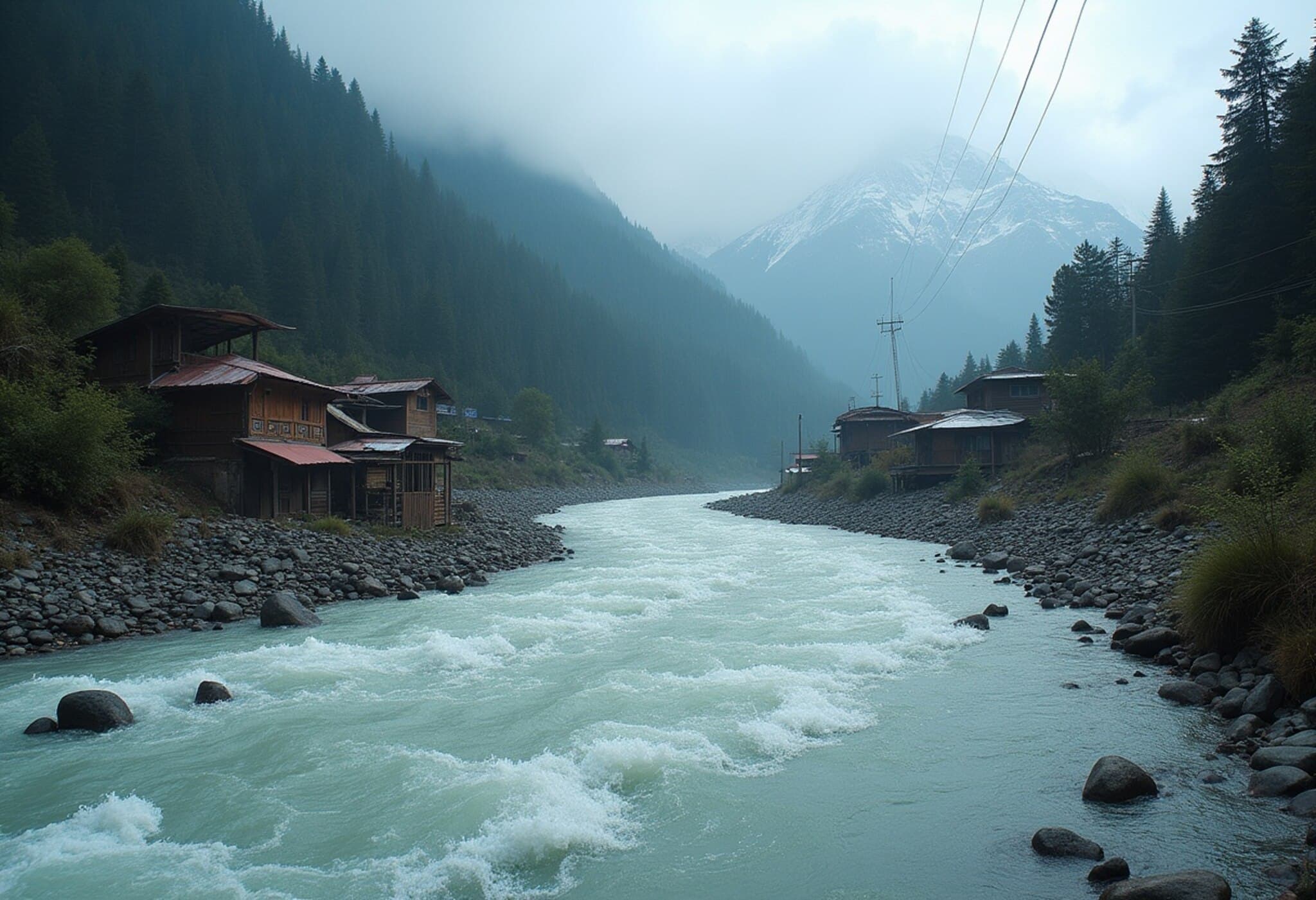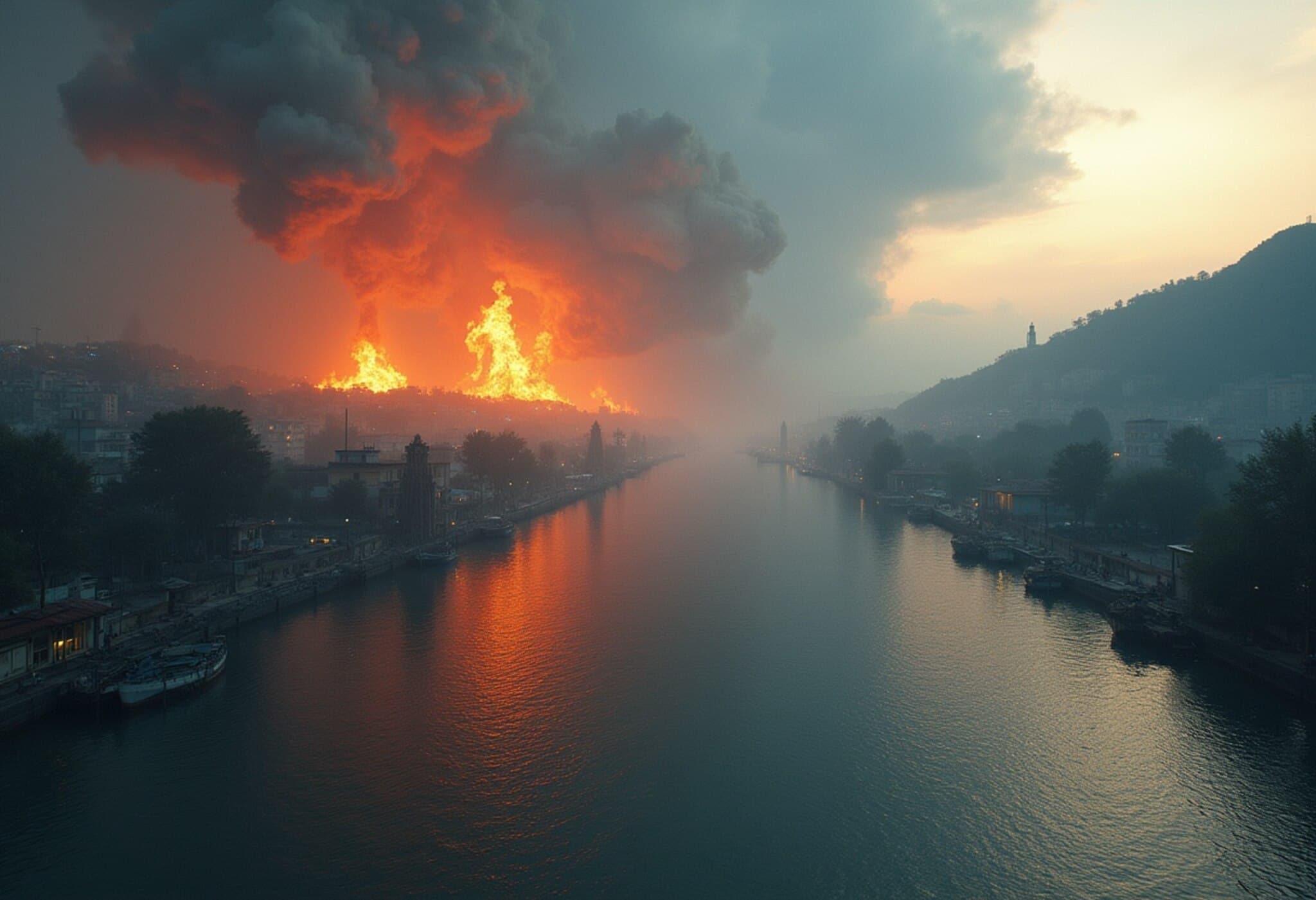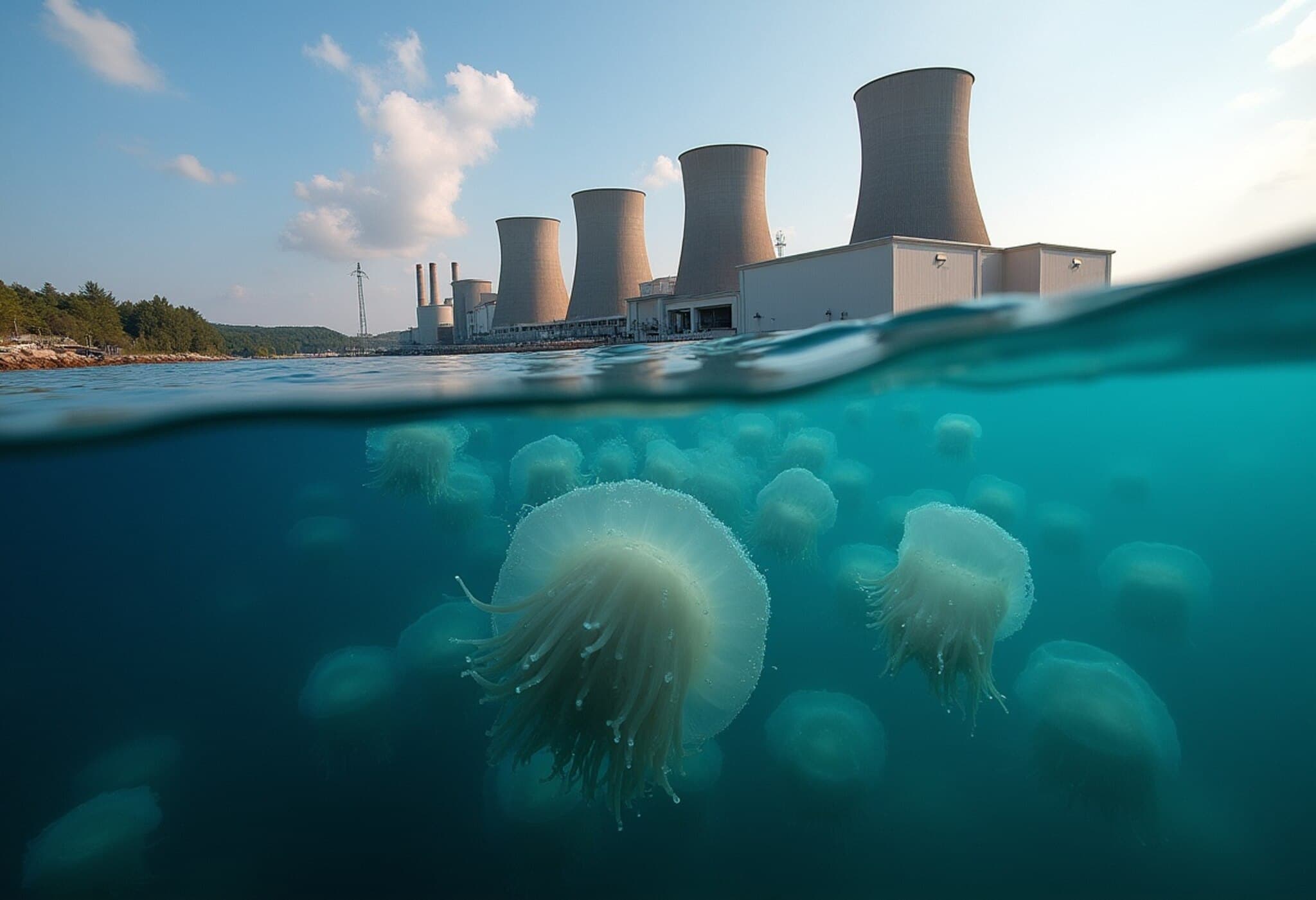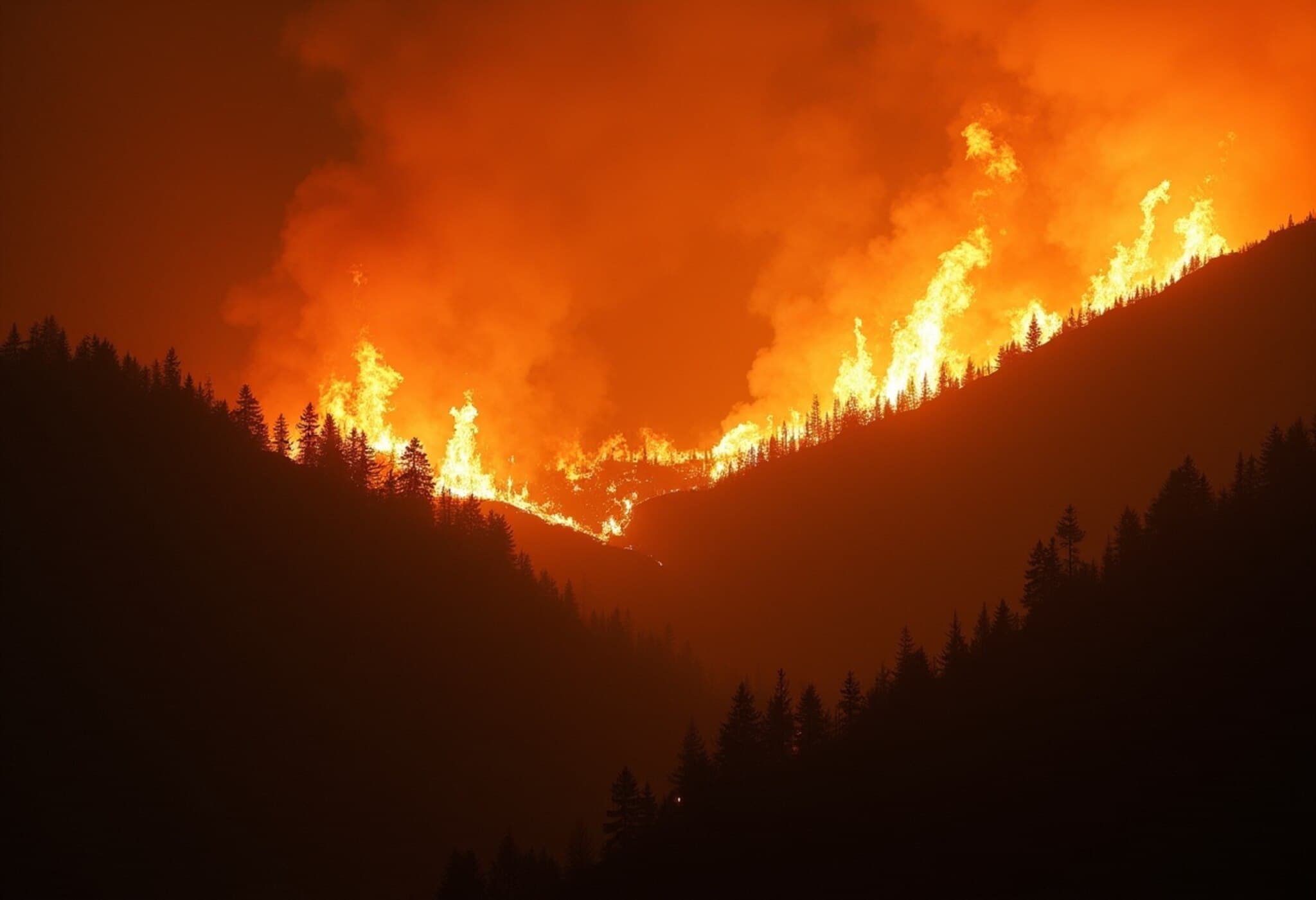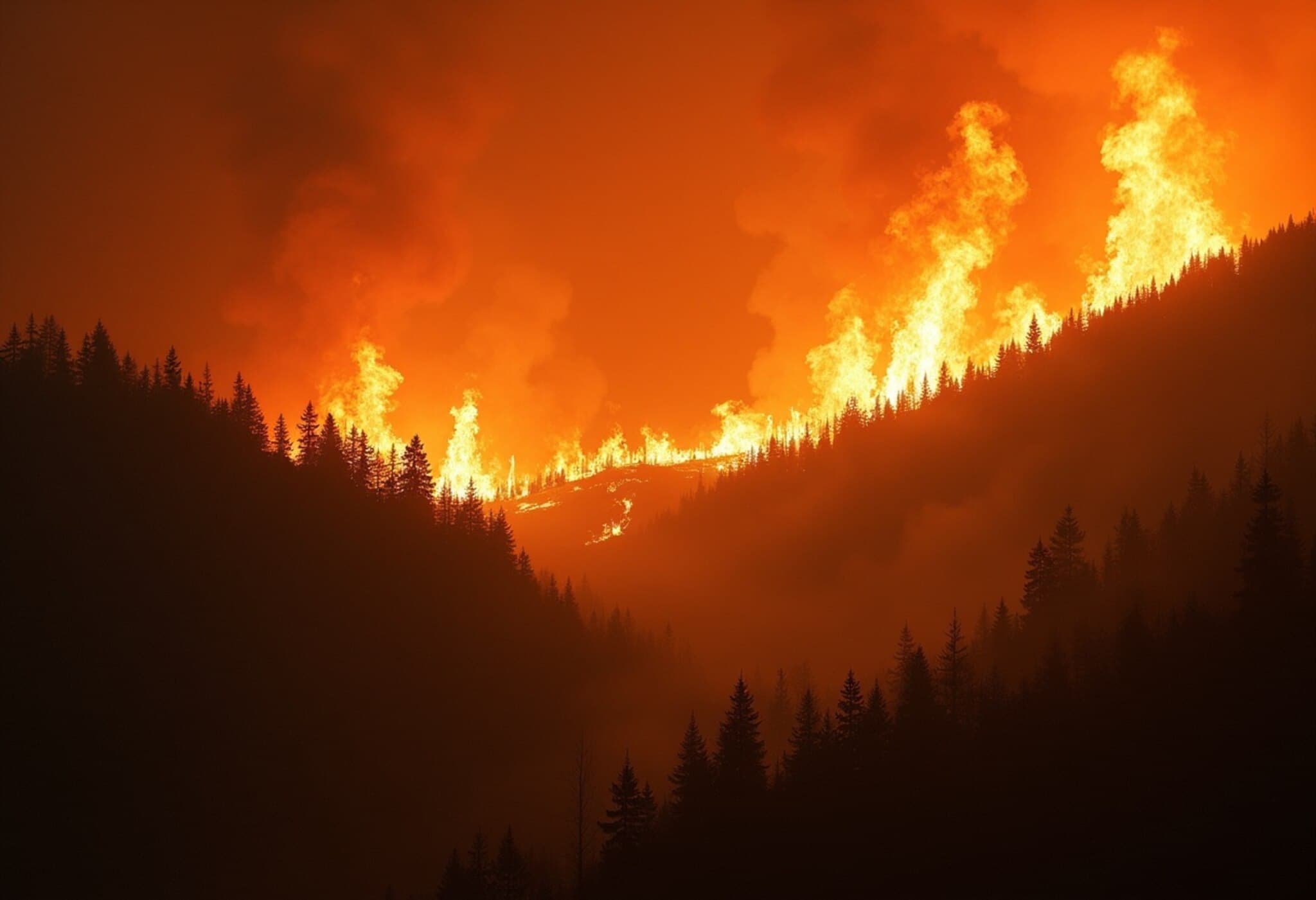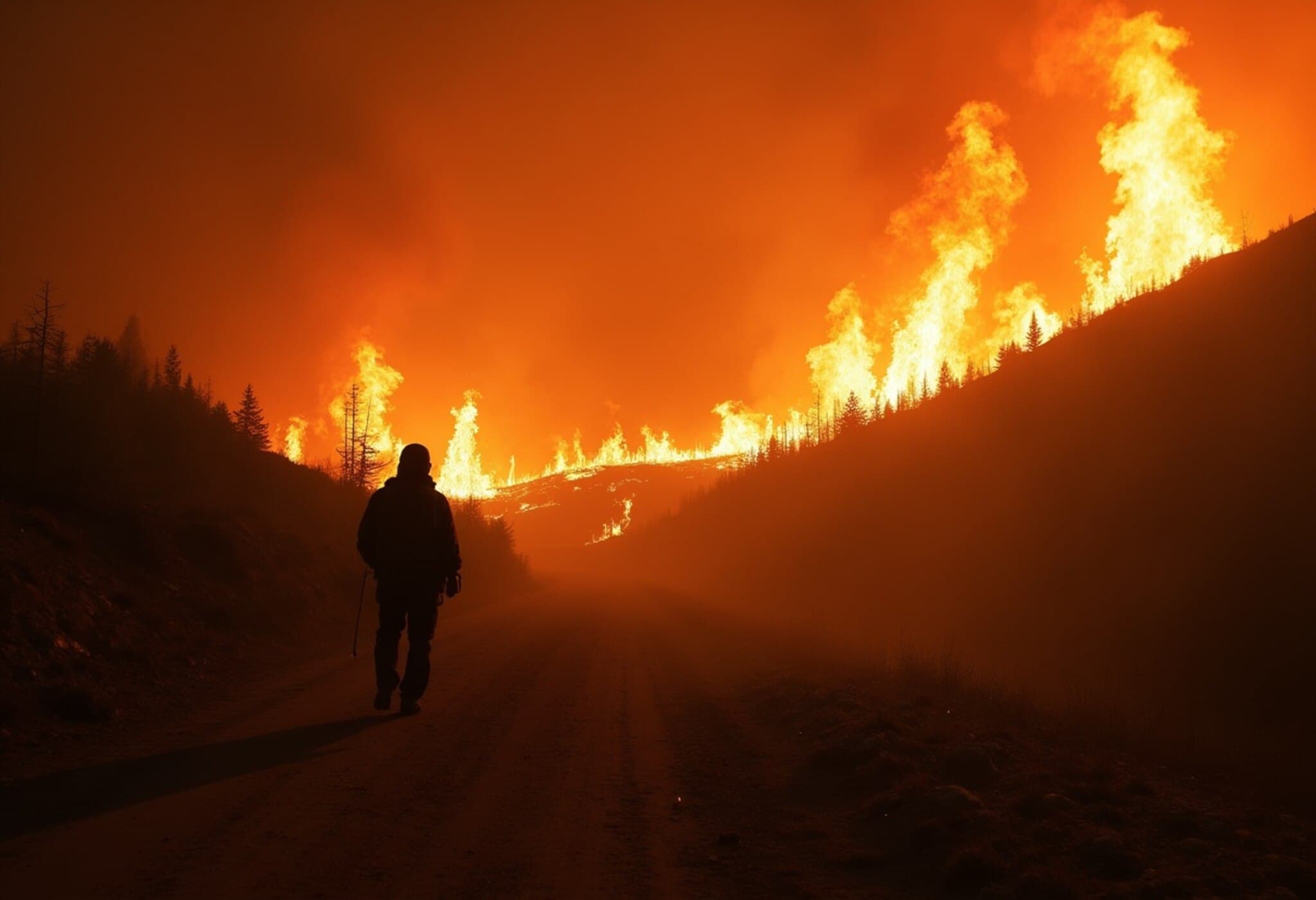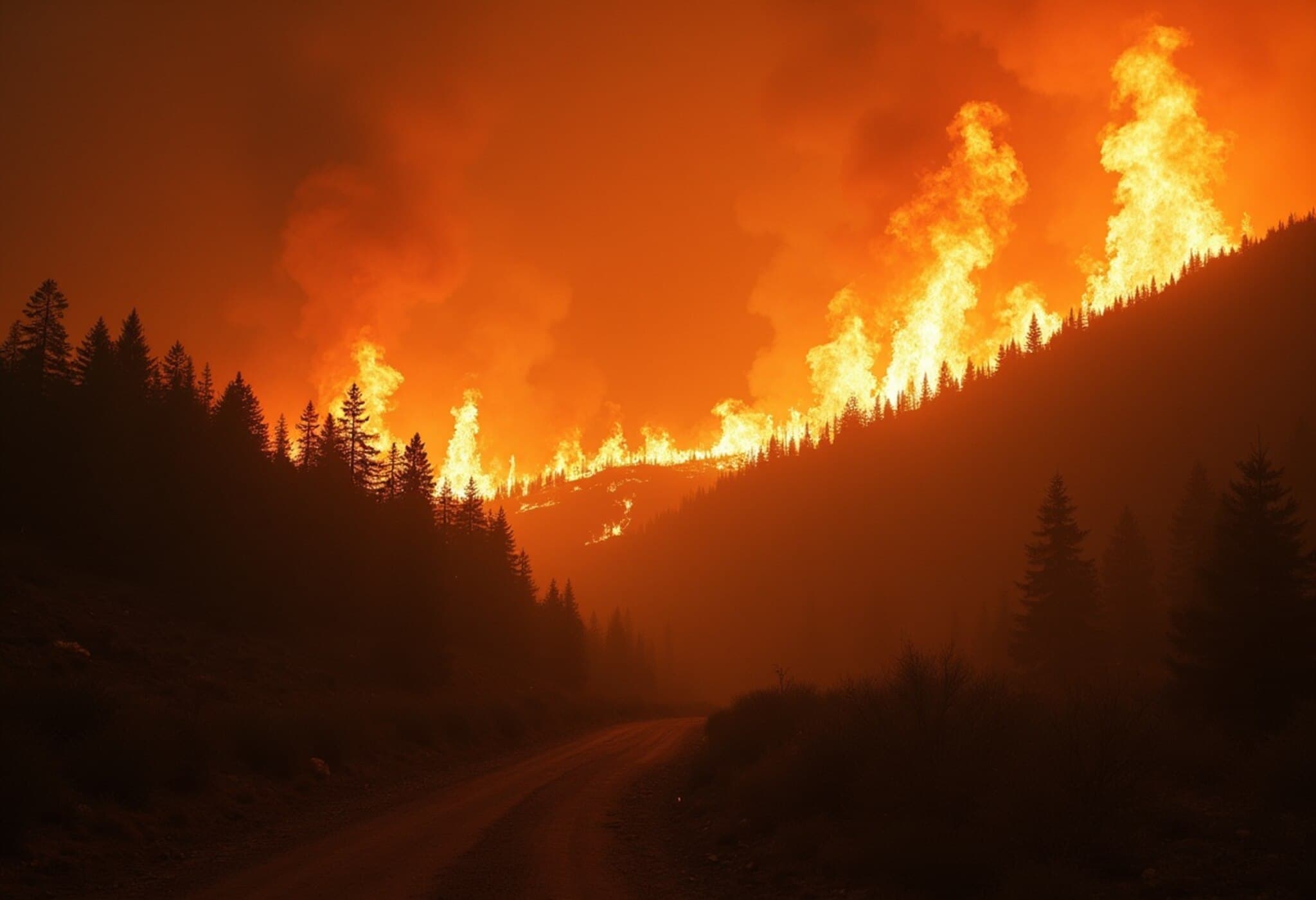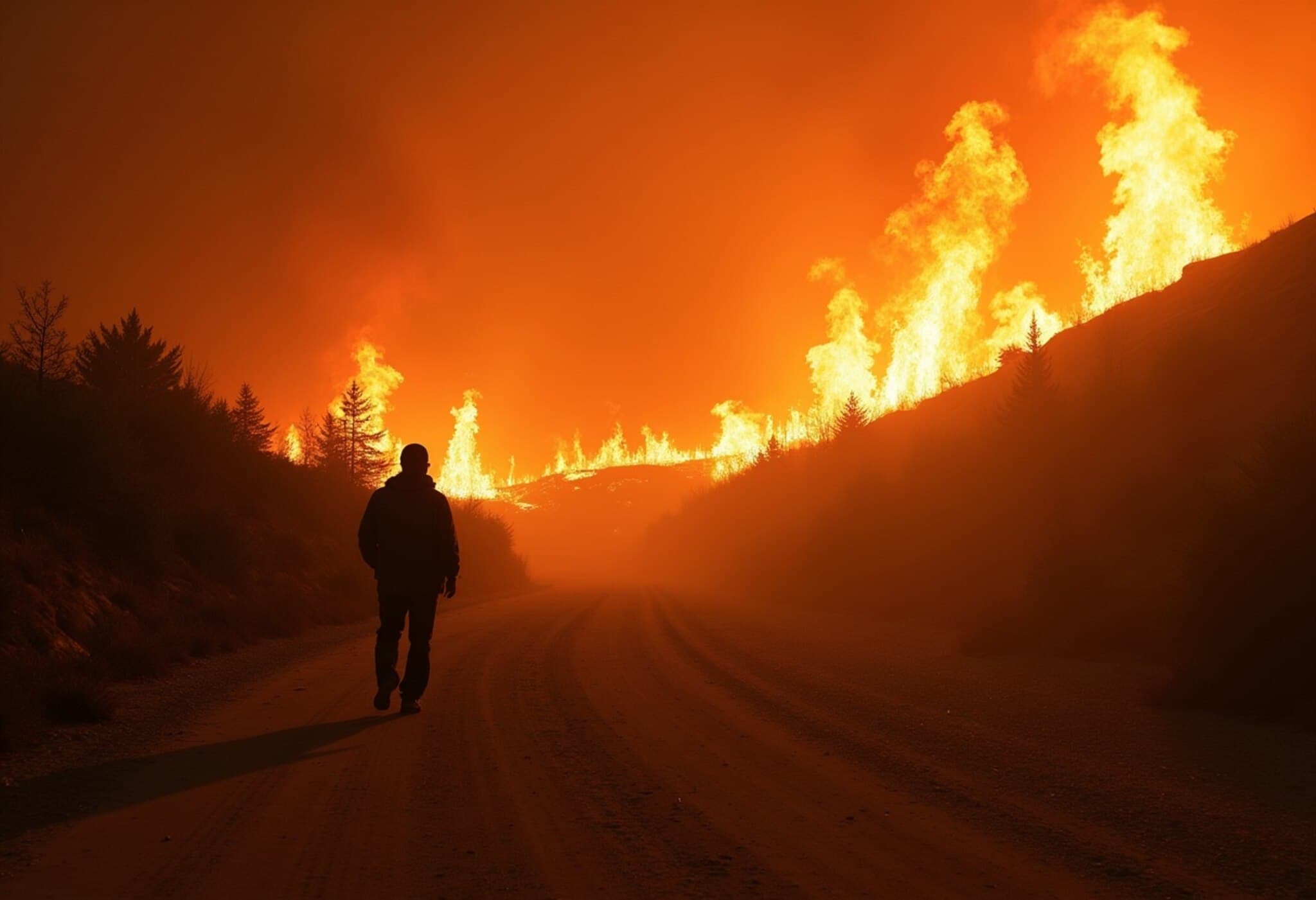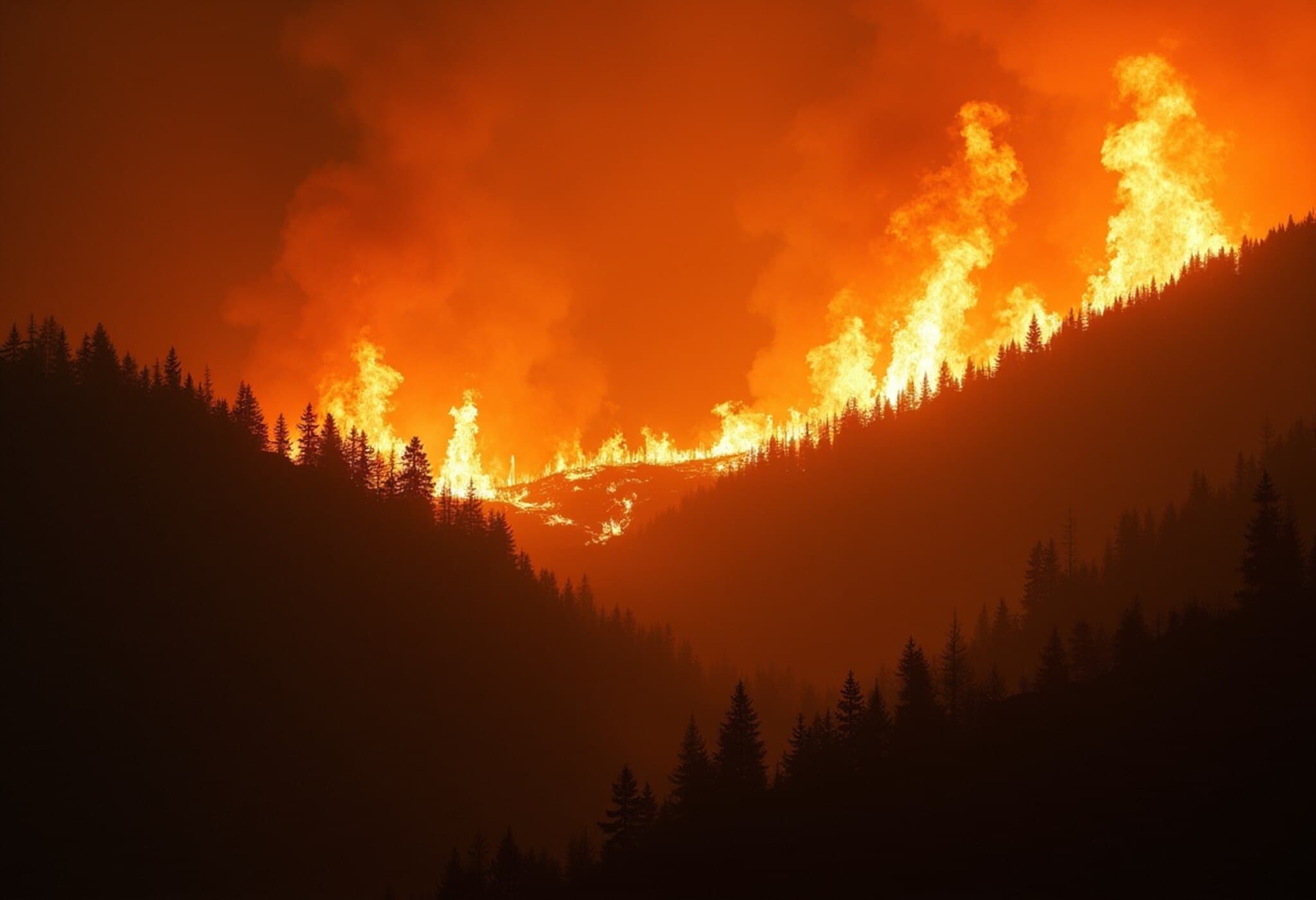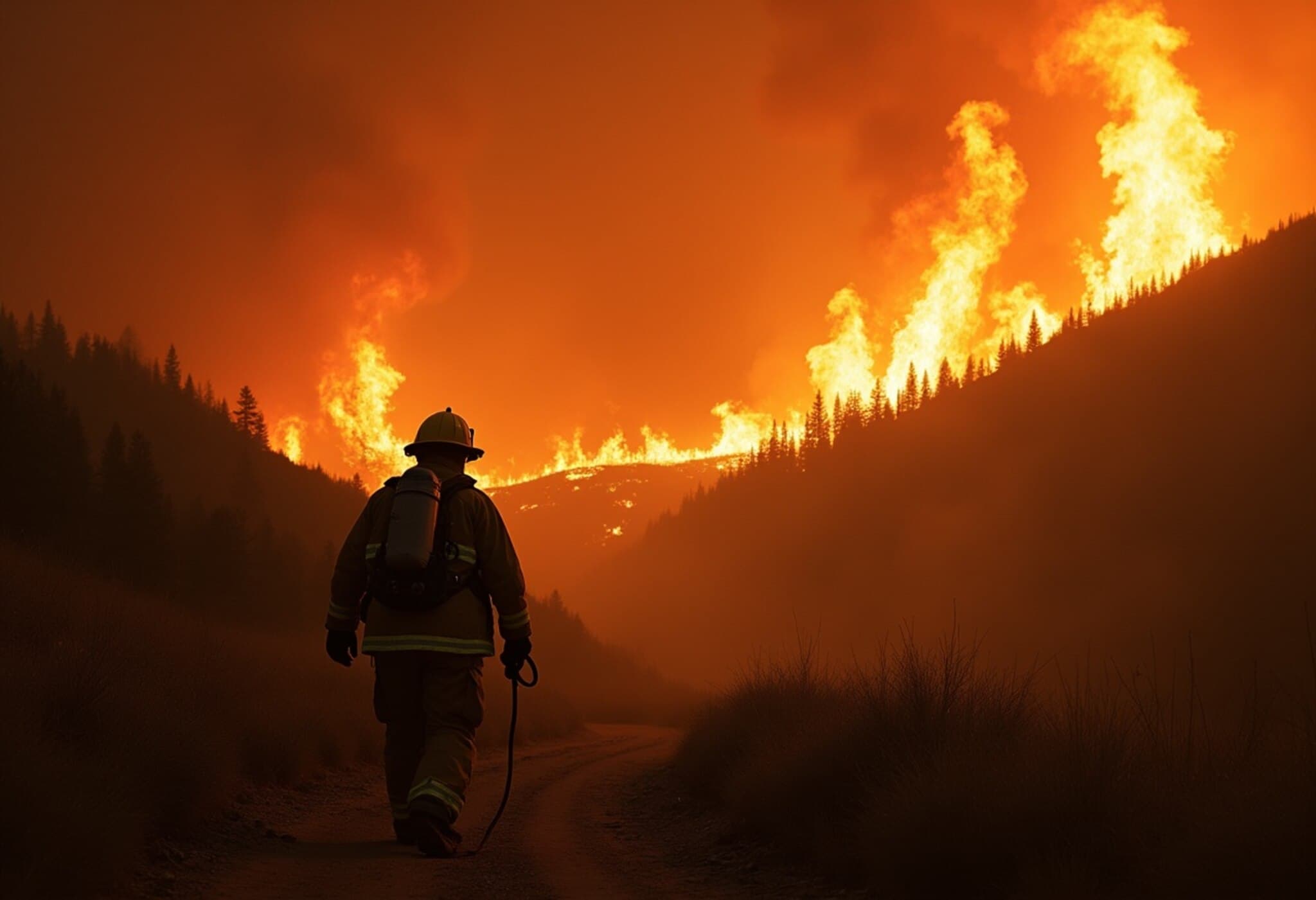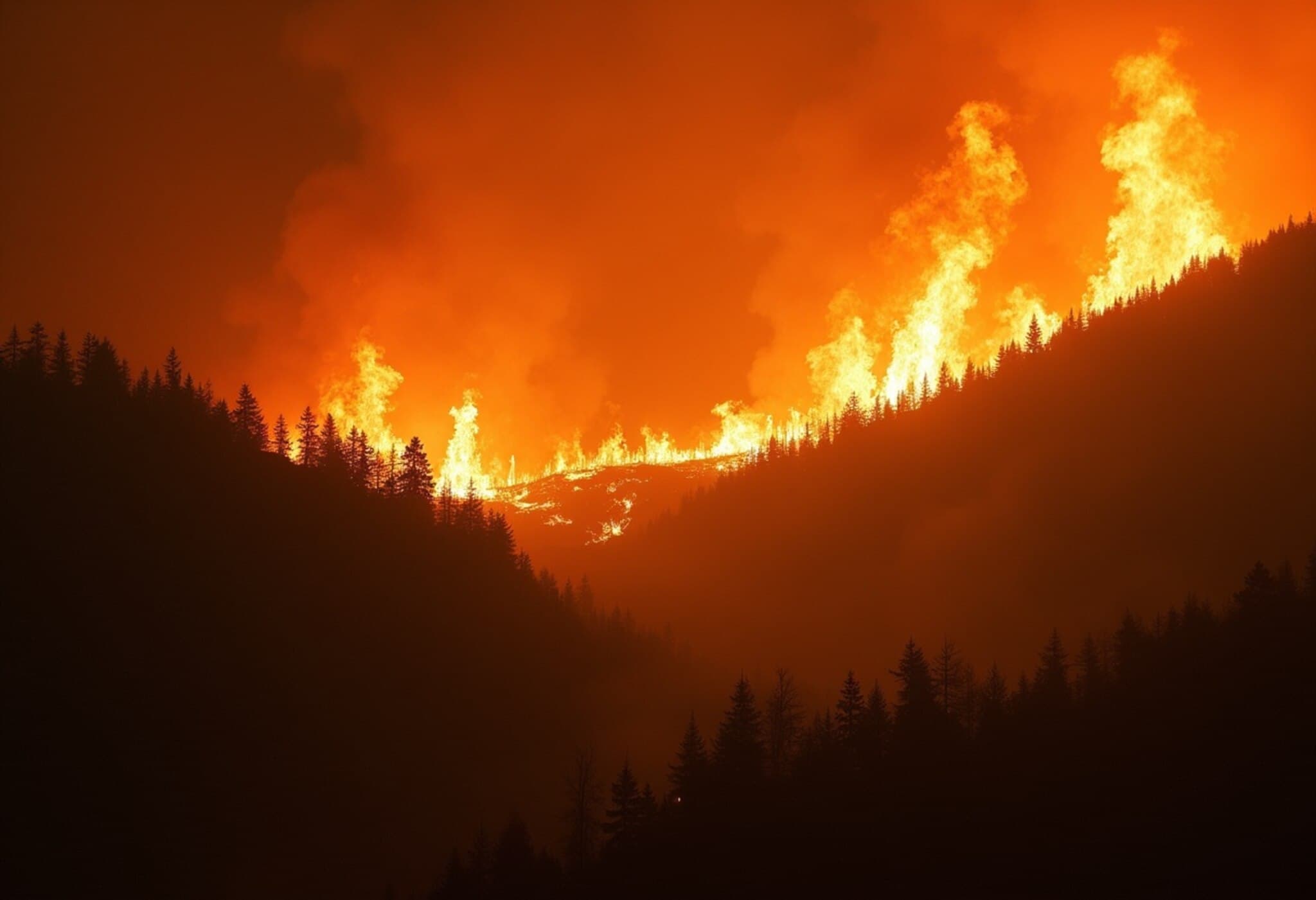Wildfires Ravage Southern Europe Under Intensifying Heatwave
As Europe endures one of its harshest summers on record, wildfires continue to wreak havoc across southern regions, from Spain and Portugal to Italy and Greece. This ongoing disaster, fueled by a relentless heatwave, has stretched firefighting resources thin and raised urgent alarms among climate scientists and policymakers.
Firefighters on the Frontlines Amid Extreme Conditions
Thousands of firefighters have been mobilized across affected countries, battling flames that have scorched vast areas of forest, farmland, and residential zones. With temperatures soaring beyond 40°C (104°F) in many areas, the fires are not only challenging to contain but also endangering communities and critical infrastructure.
- Spain faces one of its worst wildfire seasons, with hundreds of fires reported in regions like Andalusia and Catalonia.
- Portugal has deployed international aid, including firefighting aircraft, as blazes consume parts of the Alentejo and Algarve regions.
- Greece contends with recurrent fires in its southern Peloponnese peninsula, exacerbated by dry winds and parched landscapes.
- Italy reports significant wildfires in Sicily and Calabria, straining emergency response teams.
Climate Change and Its Growing Role in European Wildfires
Experts underscore that this year's wildfire surge is symptomatic of broader climatic shifts. Increasingly frequent heatwaves, prolonged droughts, and changing rainfall patterns have made southern Europe especially vulnerable.
Dr. Elena Rossi, a climate scientist at the European Centre for Environmental Research, explains: "The intensity and frequency of these fires are closely linked to anthropogenic climate change, which is drying out vegetation and extending fire seasons. Without robust mitigation and adaptation strategies, Europe's wildfire risks will escalate."
Underreported Impacts and the Human Toll
While headlines often focus on the immediate destruction, less attention is given to the cascading social and economic consequences:
- Public health: Smoke pollution is aggravating respiratory conditions, putting vulnerable populations at risk.
- Economic strain: Tourism, vital to many Mediterranean economies, suffers as visitors avoid fire-prone areas.
- Ecosystem damage: Loss of biodiversity and soil degradation may create long-term challenges for forest recovery and agriculture.
What This Means for the United States and Global Partners
The wildfire crisis in southern Europe holds lessons for other regions, including the United States, which faces its own increasing wildfire threats exacerbated by climate change. Cross-continental cooperation in firefighting technologies, early warning systems, and climate policy could help mitigate future disasters.
Additionally, the economic implications of disrupted European markets and tourism industries ripple globally, underscoring the interconnected nature of climate-induced crises.
Looking Ahead: Policy and Community Resilience
European governments are under mounting pressure to enhance fire prevention measures, invest in resilient infrastructure, and accelerate climate action commitments. Meanwhile, local communities are courageously adapting through improved evacuation protocols and community awareness programs.
Environmental policy analyst Marcus Duvall notes: "Preventing the next catastrophic wildfire season requires not just firefighting—not just emergency response—but a paradigm shift embracing sustainable land management, reforestation, and a decisive move away from fossil fuels."
Editor’s Note
Southern Europe’s wildfire crisis is more than a seasonal calamity—it's a vivid symptom of a warming planet where the cost of inaction grows daily. As fires consume homes and landscapes, they also ignite urgent questions: How prepared are our communities for climate extremes? What roles must governments, scientists, and citizens play to forge resilience? The answers will shape the future not just of Europe, but of a world increasingly vulnerable to the flames of climate change.

